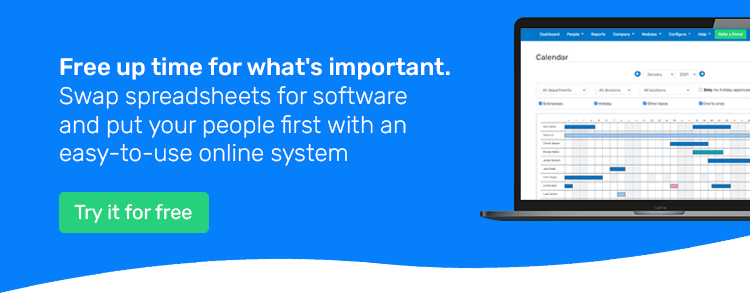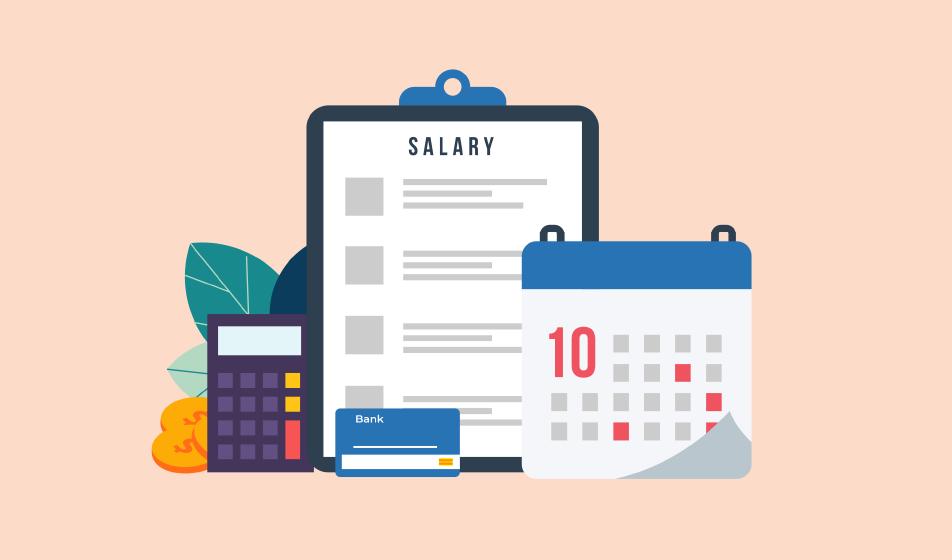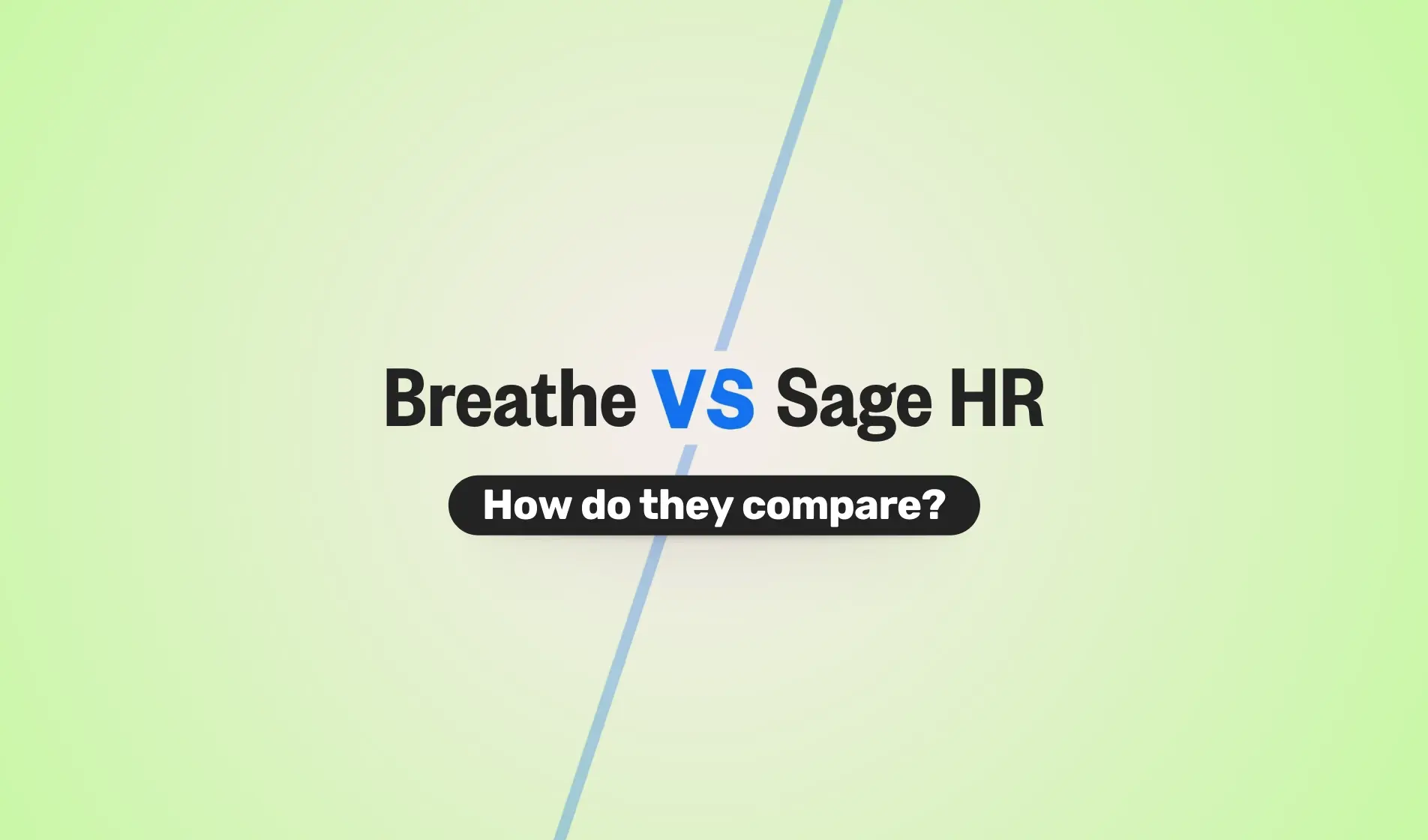If you hire people to work for you, you'll need to know what a notice period is, what the legal requirements are and what you need to do as an employer.
To give you a hand, we've put together a complete guide on notice periods.
We'll cover:
What is a notice period?
A notice period of the amount of time an employee has to work between handing in their notice and actually leaving the company.
It's also the amount of notice you'll need to provide an employee should you ever need to terminate their contract.
.jpg?width=422&name=shutterstock_1338161933%20(1).jpg)
There are 2 different types of notice periods: statutory and contractual.
Let's look at what these mean.
Statutory notice periods
As an employer, you have a legal obligation to give your employees a statutory minimum notice period should you need to terminate their contract.
The amount of notice depends on how long they've been working for you:
-
One week's notice is required if the employee has been with you continuously for at least a month, up to 2 years
-
2 weeks' notice is required if the employee has been working for you continuously for over 2 years
-
This then increases by a week for each further year of employment, up to a maximum of 12 weeks. For example, if an employee has worked for 7 years, then you are required to give them at least 7 weeks' notice.
Contractual notice period
Contractual notice is the amount of notice set out in the contract of employment. This is the amount of time an employee has to work between handing their notice in and leaving the company.
When does a notice period start?
You have the freedom to set this amount of notice; it can be longer than the statutory notice period of 1 week.
When deciding the length of contractual notice period, it's important to consider the employee's role. You may want to set a longer notice period if their role is higher up and hard to replace.
The most common notice period is one month.
Summary dismissal (dismissal without notice)
Summary dismissal is dismissal without notice where an employee is believed to have behaved in a manner that amounts to gross misconduct.
If their behaviour is serious enough, it could breach the contract of employment. This entitles you as the employer to terminate employment without the employee being allowed to work or be paid in lieu of their contractual notice period.

Fixed term contracts and notice periods
With a fixed-term contract, your employee will already know when their period of employment is due to end. So, no notice will need to be given.
However, if you need to terminate the contract before its expiry date then the correct amount of statutory notice should be given.
What to do if an employee isn't working their notice period
Unfortunately you won't have many options if your employee decides to not work their notice period.
If your staff member has handed in their notice, or if you've given them notice, and they decide to leave without working their notice, you can't force them to work, even though they will likely be in breach of contract.
In order to do anything about the breach of contract, legal action will need to be taken.
Giving notice: the process
Despite 'how it's always been done', notice does not need to be given in writing. However, it is encouraged, as giving notice orally cannot always be clear.
Nevertheless, if an employee hands in their notice, you should put it in writing. By doing this you can confirm acceptance of the notice and outline the next steps.
Once notice is given, it can't be withdrawn. So if your employee changes their mind, you are under no obligation to cancel the notice period.
However, you can come to an agreement with the employee to withdraw the notice if you choose to.
A notice period starts the day after notice is given. For example, if a week's notice is given on Monday, the start of the notice period will be Tuesday.
![]() Manage your people from anywhere. Try Breathe for 14 days
Manage your people from anywhere. Try Breathe for 14 days

Pay during notice periods
During the notice period you are required to pay your employee their normal pay and benefits that are set out in the contract of employment.
What is pay in lieu of notice?
In certain circumstances 'payment in lieu of notice' can be given.
This can be written into the contract of employment both you and your employee sign when they start working for you. It is essentially where you pay the employee the for the length of their notice, but asking them not to work.
What is gardening leave?
Gardening leave is a clause set out which means your employee will be asked to not work, but also not start a new role until the end of the notice period.
This can happen if an employee is going off to work with a competitor, for example.
An employee still receives full pay and benefits while on garden leave, and they are 'on standby' if you need to call on them to work during the period.
.webp)
Author: Sarah Benstead
Sarah is a Product Marketing Specialist here at Breathe. Always innovating, she loves writing about product releases in an engaging & informative way. When she's not coming up with new ideas, she enjoys long walks with her dog, Clifford.




